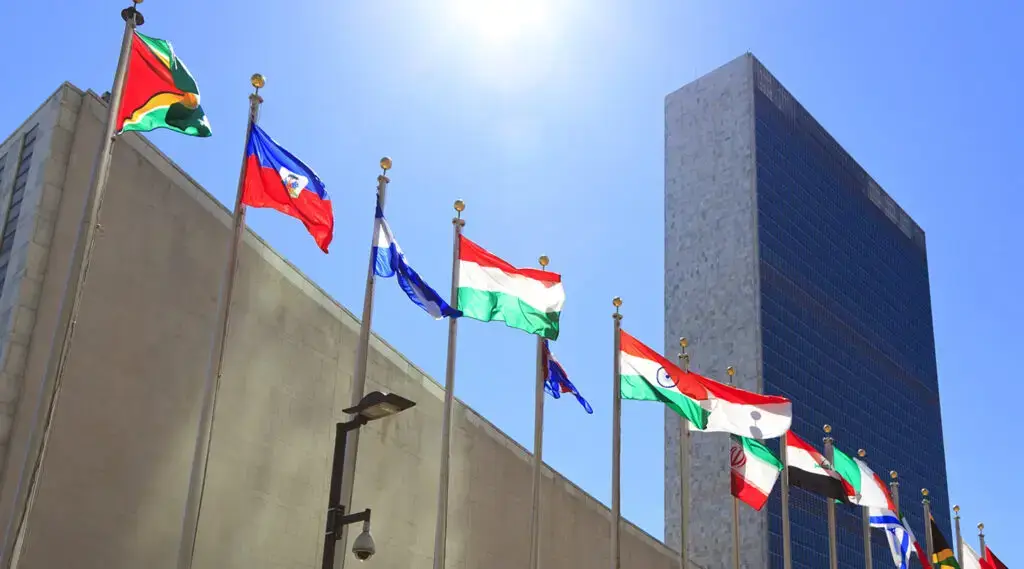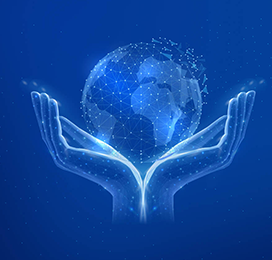First Alert, Dataminr’s product for the public sector, alerts first responders to breaking news, enabling the fastest real-time response. Receiving the fastest real-time alerts —especially in a humanitarian crisis or in the middle of a conflict zone—can help safeguard the lives of UN personnel and help deliver humanitarian aid more effectively to those they serve.
Real-time alerts inform UN response and humanitarian aid delivery
Eradicating smallpox. Ensuring access to clean water. Protecting tens of millions of children worldwide. For more than 75 years, the United Nations (UN) has committed to providing humanitarian aid to those in need.
The UN family has adapted and evolved over the years to keep pace with a more connected, more complex world. Its operations are field-based, with UN family colleagues working in more than 8,500 locations across the globe.
Reliable, real-time information is essential. Teams on the ground, including aid workers, need to know what’s happening in and around their local region as well as globally. And they need to know as soon as emerging events and critical incidents occur. Their safety, the safety of those they serve, and their ability to deliver on the UN mission depend on it.
In 2019, the UN partnered with Dataminr—through Secretary-General’s innovation lab, UN Global Pulse—to accelerate its humanitarian and crisis response efforts. Nearly two years later, thousands of UN personnel are using Dataminr’s First Alert product to keep abreast of emerging crises and what the UN calls critical incidents in real time.
Continued partnership, commitment to sustainable development
The UN-Dataminr partnership is just beginning. As the needs of the UN continue to expand, Dataminr will be there to assist along the way.
“Dataminr has been a critical partner in introducing this real-time alerting capability into the work of the UN. Having real-time awareness of what is happening around us wherever we work is a core capability for informing real-time humanitarian and crisis response,” said Robert Kirkpatrick, Director, UN Global Pulse.
This commitment includes supporting the UN’s Sustainable Development Goals (SDG). For example, with First Alert, and in support of SDG 6 on clean water and sanitation, UN staffers would know—in real time—if a region suddenly lost access to its water supply. Those staffers could then use that information to redirect water delivery trucks to the regions in need.
Dataminr has been a critical partner in introducing this real-time alerting capability into the work of the UN
Robert Kirkpatrick, Director, UN Global Pulse.
In the hands of UN personnel, First Alert often enables faster response in critical time-sensitive situations. For example, in Central Africa, an on-the-ground UN employee was alerted to the disappearance of a few hundred children. First Alert was first to deliver an alert on the incident, ahead of other sources. The UN employee informed his colleagues, who were then able to quickly mobilize the resources needed to immediately respond.
“Dataminr shares a common vision with our UN partners—a future in which innovations in AI continue to serve a greater public good and help to revolutionize the speed of first response and the delivery of humanitarian aid on a global scale,” said Ted Bailey, Dataminr Founder and CEO.
Social Good newsletter
Get the latest news and resources from our team on upcoming humanitarian projects, events and insights with non-profit partners.
SUBSCRIBE



